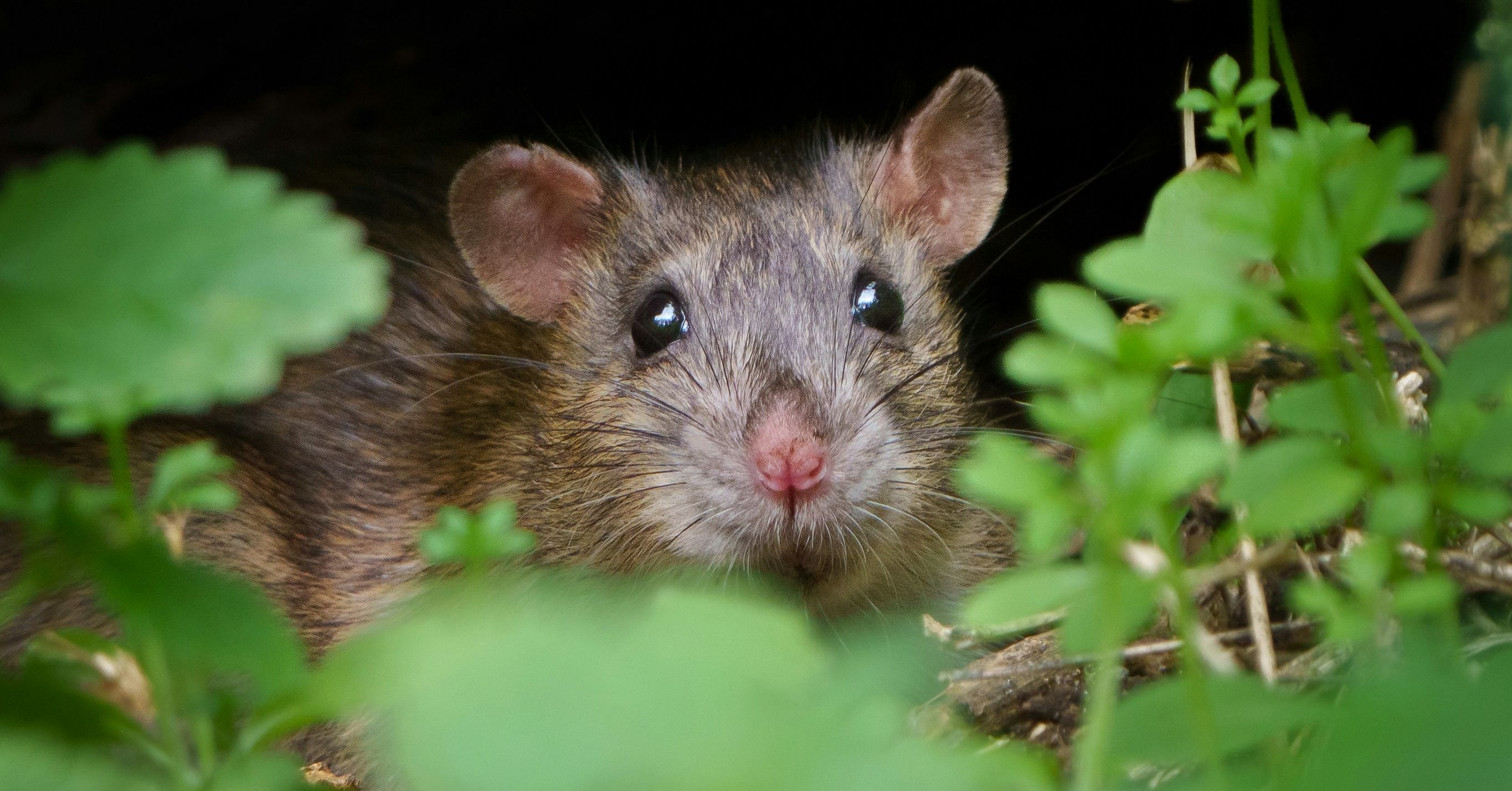Food for Thought is a series of events, where we discuss philosophical and practical questions of EA in small groups over food and drinks: We are exploring effective altruism one bite at a time. EA newcomers are welcome; studying the suggested material is encouraged but not required, please RSVP.
Topic
Let's build utopia! Sometimes we get all bogged down in the nitty gritty of definitions, utility and thinking at the margin. While these discussions are important and define EA, we would like to put all these details aside for one evening and paint our EA utopia with broad brush strokes. Just to see what kind of world we would like to build if our resources were, for once, not limited.
We will bring all kind of metrics and want to discuss with you where on these axes we should end up in our utopia. We are looking forward to a lively and creative discussion :)
Suggested preparation
This time there is no text to read as a preparation. If you want to prepare something, think about a metric you would like to discuss. Maybe you've always wanted to get others' opinion wether the ideal world would be more paternalistic or more egalitarian or maybe you are more interested in the question wether utopia should have more or less marshmallows in it. Anything that might kick-start a great discussion about the utopian state of the world is welcome.
Where/How/What
This time we are going to meet at Atopia. It is easy to reach via Ringbahn (Prenzlauer Allee), M10 (Prenzlauer Allee/Danziger Staße) or M2 (Fröbelstraße). This time we can't to picnic or snacks at the venue, we are working on getting a venue where this is possible for next time again!
What to bring
- Some change to buy a drink - they don't accept card payment at Atopia.




This happened ages ago, but I finally had the time to finish a post I started after discussing possible income distributions at this event. Maybe some of you remember this discussion and find this text interesting.